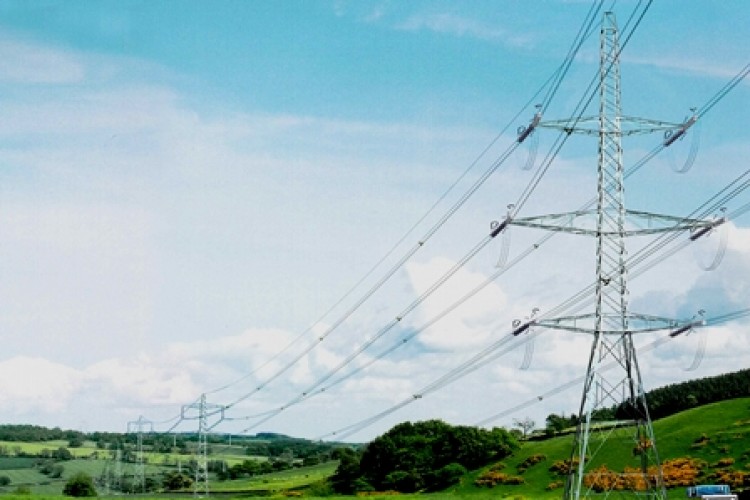Energy secretary Ed Davey yesterday presented legislation to Parliament designed to protect the nation’s energy supply.
The Bill sets out reforms to the design of the electricity market that will "kick-start a renaissance in construction of low-carbon energy infrastructure and in low-carbon manufacturing supply-chains", it is claimed.
Mr Davey said: “The Energy Bill will attract investment to bring about a once in a generation transformation of our electricity market, moving from predominantly a fossil-fuel to a diverse low-carbon generation mix.
“The challenge is big. Over the next decade, the investment needed to upgrade our energy infrastructure is almost half of the infrastructure investment needed in the UK. This is far more than is taking place in transport, in telecoms, or in water, and dwarfs the investment that was needed for the Olympics or Crossrail.
“The Bill will support the construction of a diverse mix of renewables, new nuclear, gas and CCS, protecting our economy from energy shortfalls and significantly decarbonising our electricity supply by the 2030s as part of global efforts to tackle climate change.”
A new Office for Nuclear Regulation will be crated as an independent statutory nuclear regulator. Ofgem’s role will be better strengthened to better protect consumers. Energy companies will be required to pay compensation to consumers as well as to the regulator Ofgem.
Reforms to the electricity market to attract investment include Contracts for Difference (CfDs), designed to stabilise revenues for investors in low-carbon electricity generation projects helping developers secure upfront capital costs for low carbon infrastructure while protecting consumers from rising energy bills.
CfDs are available for investors in renewables , new nuclear or carbon capture storage (CCS)
Energy intensive industries will be exempt from the additional costs arising from the new long-term CfDs. The scope of the exemption is currently being considered but is expected to include at least parts of the construction industry.
The Mineral Products Association said: “While the government has not said exactly which sectors will be exempt, they do acknowledge the important role cement has to play in building the infrastructure for a low-carbon economy and the need to ensure that energy intensive businesses remain competitive and do not relocate to other countries.”

EDF Energy chief executive Vincent de Rivaz said: “The publication of the Bill is a defining moment for UK energy policy and demonstrates a real commitment to create the right conditions to give the UK a secure, low carbon energy supply for the future.
“This will give further clarity for investors around the large investments needed, and will provide a fair and balanced deal for consumers in a way which is open and transparent. I hope that the momentum behind energy reform will continue.”
The Bill also appears to have put gas back into the spotlight. Mike Pigott, UK power sector director at the global programme management consultancy Turner & Townsend, commented: "Gas has emerged from the wings to play a surprisingly big role in the diverse mix proposed by the Energy Bill. There's every chance that Britain will see a second 'dash for gas' as gas is cast as the least controversial, quickest to build and most reliable stop-gap source of power.
"New nuclear power stations will play a key role too, but the construction timescale they need is too long to address the immediate demand for power that gas will bridge.
"The Bill also recognises the ongoing role of coal fired stations, albeit with the addition of carbon capture and storage technology.
"While the green lobby and consumer groups will continue to debate how much the investment in renewables will cost - and whether the prospect of higher energy bills will be worth it - the bill's key goal is to provide some genuine certainty to the energy companies.
"The hard truth is that unless they can feel confident about the future shape of the industry and the energy market, they will not invest the huge sums required to build the new generating capacity that Britain needs to keep the lights on.
"The Contract for Difference proposals should go a long way to reassure investors that they will get a solid return on their capital costs.
"Ultimately the bill's proposals can only be judged a success if the array of low-carbon projects proposed secure not just the funding they need, but are also delivered efficiently."
Got a story? Email news@theconstructionindex.co.uk



